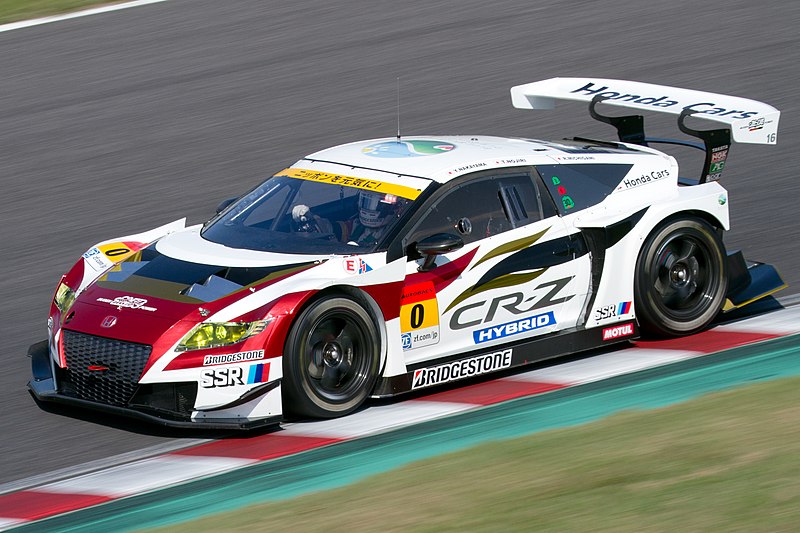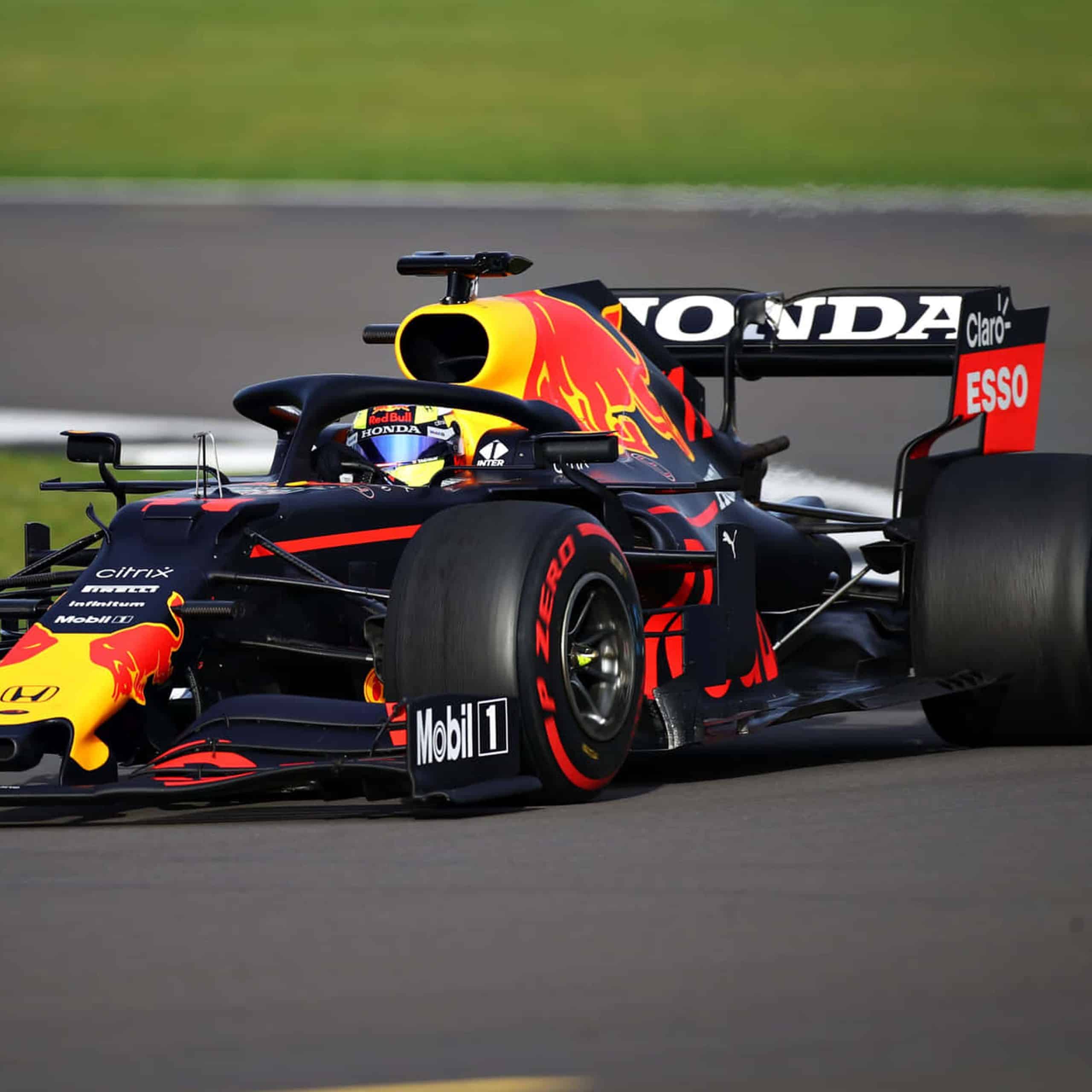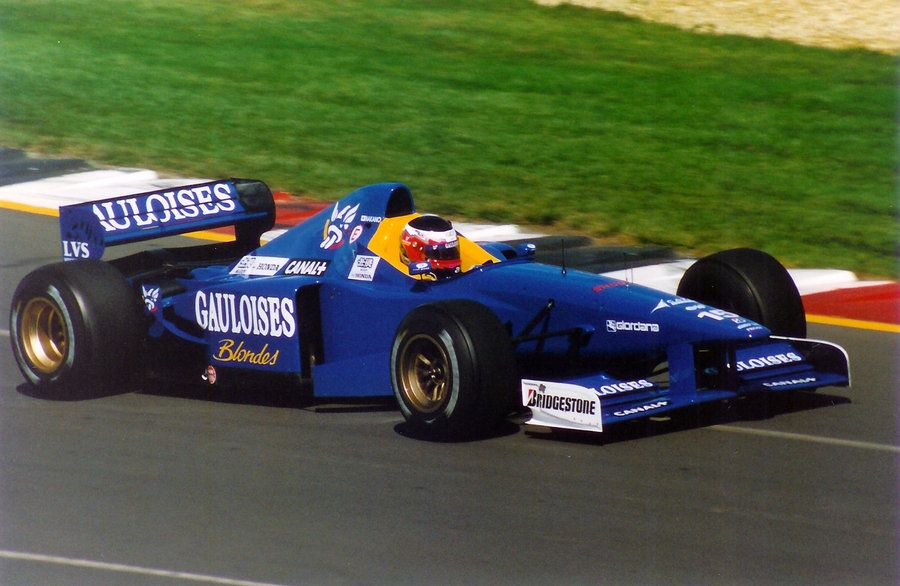Bowers – one of the UK’s biggest and best-known manufacturers of distribution transformers – was brought in by motorsport experts Mugen Euro to project manage and supply the equipment for a new power supply and increasing energy savings when it relocated its research and development centre at the end of 2013.

In due course, this will include the new-technology F1 hybrid power units using the dynamometers that Mugen Euro is preparing for Honda’s partnership with McLaren in 2015’s Grand Prix season.
As Bowers’ managing director, Michael Bowers, explained: “We’ve managed several large-scale projects at the wind and solar farms where huge quantities of power are being fed into the grid. At the Mugen Euro site, the main job was connecting them to an electricity supply but there is also an element of energy regeneration going on – and the source of it is unique.
“When an F1 engine is being tested on the team’s dyno at maximum power, it is creating a huge amount of energy which would normally be wasted. However, we supplied the technology and the equipment to feed this energy back into the network – cutting overall electricity costs for Mugen and reducing their carbon footprint at the same time.
“When a 750hp engine is going at full chat, the power being returned to the grid is around 560kWh which, in simple terms, is enough to boil around 300 kettles. Of course, the amount of power being generated depends on how hard they’re testing the engine – if data logging says that the driver is not keeping the throttle flat to the boards through a particular corner of a race circuit, that equates to a few fewer cups of tea for Mugen Euro’s neighbours.”

“Moving to the new premises was a huge industrial challenge for us but it has also been an opportunity to take advantage of the latest available technologies by installing the most up-to-date dynamometers and control equipment, as well as markedly improving the facilities for our staff and visitors,” he said. “Our engine test facilities are very high specification and, as we are at the cutting edge of the most demanding and technologically -advanced sport in the world, quality is our number one priority.”

Together, the state-of-the-art equipment steps the site’s 11,000v supply down to 690v and 415v, powering Mugen’s engine testing machinery to more than 15,000RPM capability. From there, G59 synchronising technology allows the energy created by the engines to be fed back into the supply. The eight-week project saw the Bowers team take care of every element, from connecting the local electricity provider to the site boundary to digging trenches and carrying out all civil engineering works.